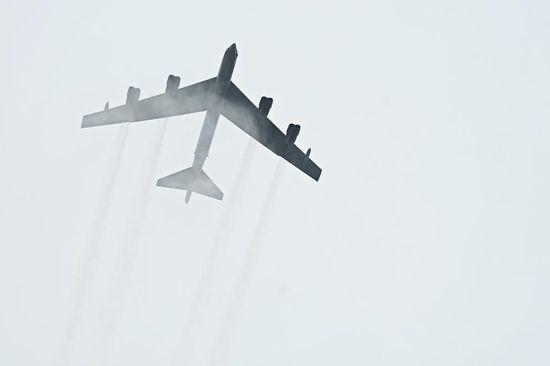
The European Commission has launched a call for applications to select additional members for the aviation formation of the Commission expert group on climate change policy. The call is open to organisations only. The deadline to apply is 7 November 2023.
The expert group’s formation for the Emissions Trading System (ETS) for aviation is currently composed of representatives of Member States’ and EEA-EFTA States’ authorities.
The Commission’s Directorate-General for Climate Action (DG CLIMA) is now planning to increase the number of members to gather views of all stakeholders with an interest in the ETS for aviation and improve the overall progress of the implementation of the EU ETS Directive for aviation.
The Commission is looking for applications from organisations whose work includes an EU focus, namely:
- associations representing industries, sectors and solution providers related to the aviation sector;
- non-governmental organisations, academic institutions with expertise in the aviation sector.
For the former (associations), the selection will be based on their representativeness at EU level and the relevance of the aviation sector for them. For the latter (non-governmental organisations, universities and research institutes), the selection will be based on their competence and experience in the industries and sectors relevant to the aviation sector. The results will be announced between 15 November and 15 December.
The selected experts will meet according to the needs of the ETS implementation process for aviation, either virtually (e.g. Webex) or in person and will start working in 2024.
The group will support the Commission in the implementation of the amendments regarding aviation’s contribution to the EU’s economy-wide emission reduction target and the appropriate implementation of a global market-based measure. It will deal with topics such as implementing a new support mechanism to speed up the use of the eligible sustainable aviation fuels (SAF), creating a new system for airlines to monitor, report and verify non-CO2 effects of aviation and implementing the Carbon Offsetting and Reduction Scheme for International Aviation (CORSIA). The aviation formation will also exchange views on additional issues relating to the implementation of the EU ETS Directive for aviation.
Background
The ETS Directive has been amended as regards aviation’s contribution to the EU’s economy-wide emission reduction target and the appropriate implementation of a global market-based measure. The revision will help make the aviation sector ‘Fit for 55’, setting in law its contribution to our target of reducing net greenhouse gas emissions by at least 55% by 2030.
The revision has several key outcomes. The updated rules on emissions trading will accelerate the implementation of the polluter pays principle by phasing out free allowances for the aviation sector by 2026. Until the start of 2027, EU carbon pricing will apply to flights within the EEA and departing flights to Switzerland and the United Kingdom. In 2026, the Commission will carry out an assessment of the CORSIA set up by the International Civil Aviation Organisation, to see if it is sufficiently delivering on the goals of the Paris Agreement and if the participation in it is sufficiently high. The legislation also provides for a new support mechanism, to speed up the use of the eligible SAF, which is 20 million allowances, with an estimated value of around €1.7 billion at current carbon prices. It will also create a new system for airlines to monitor, report and verify non-CO2 effects of aviation.
More information
Details
- Publication date
- 24 October 2023
- Author
- Directorate-General for Climate Action
